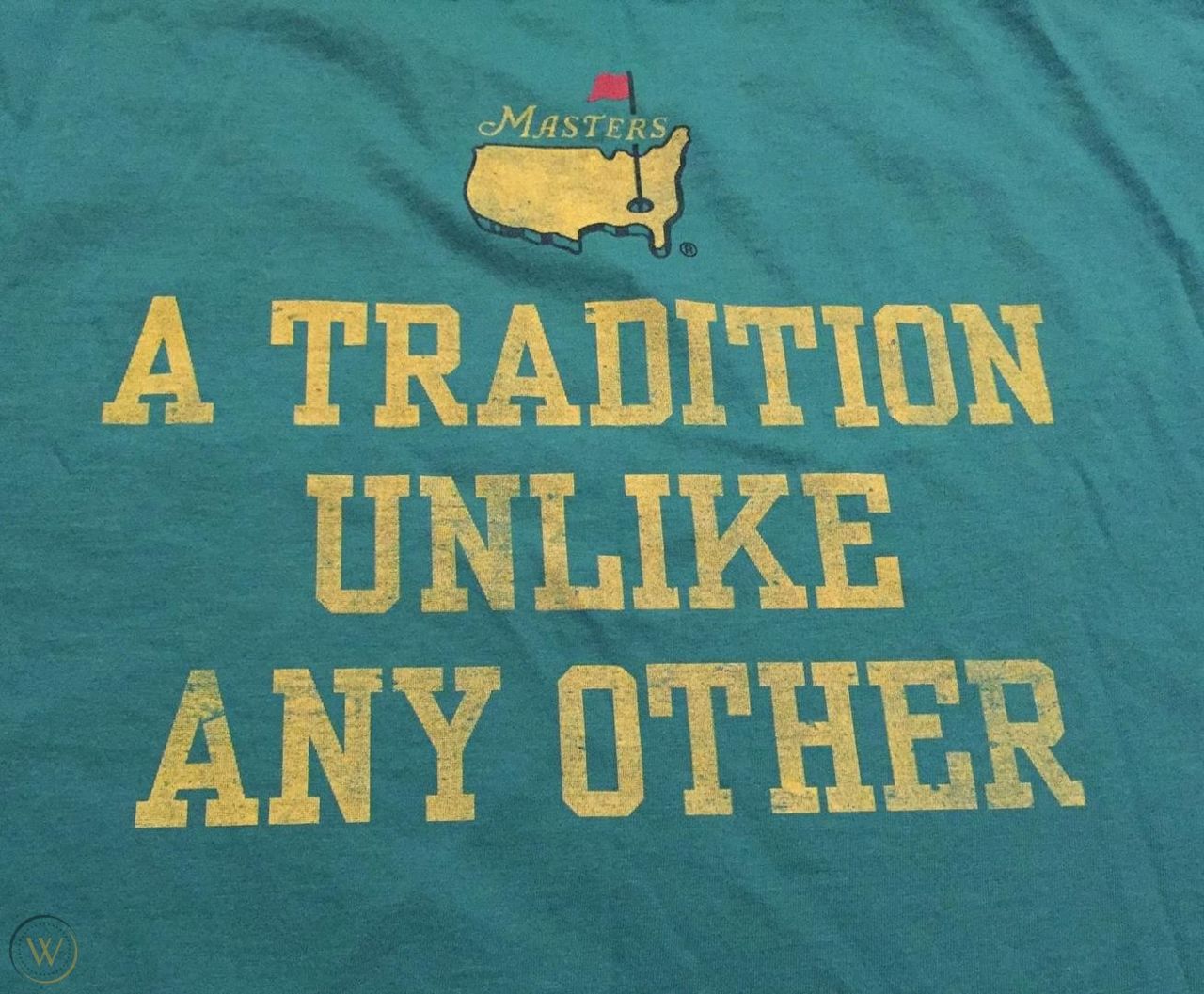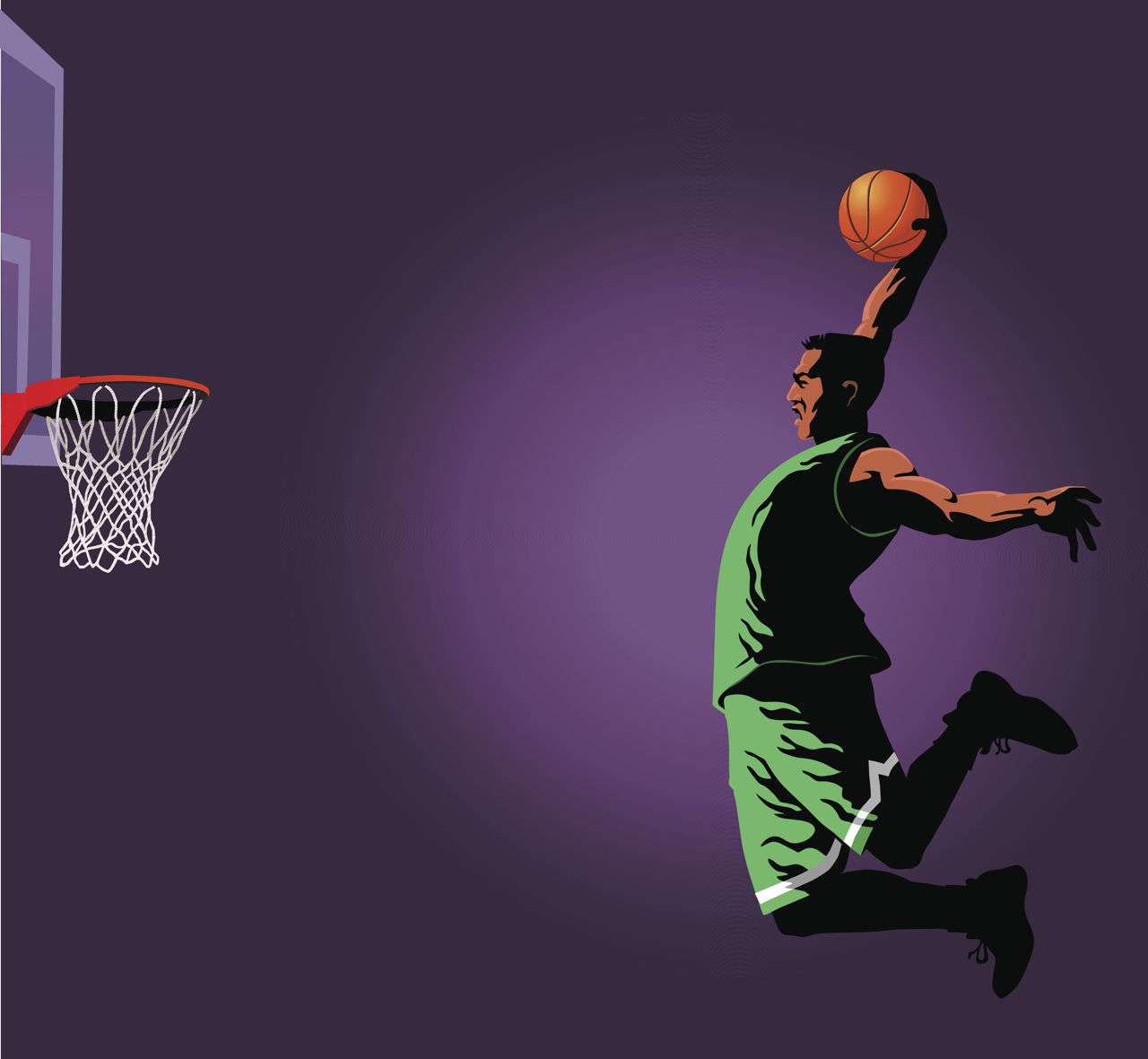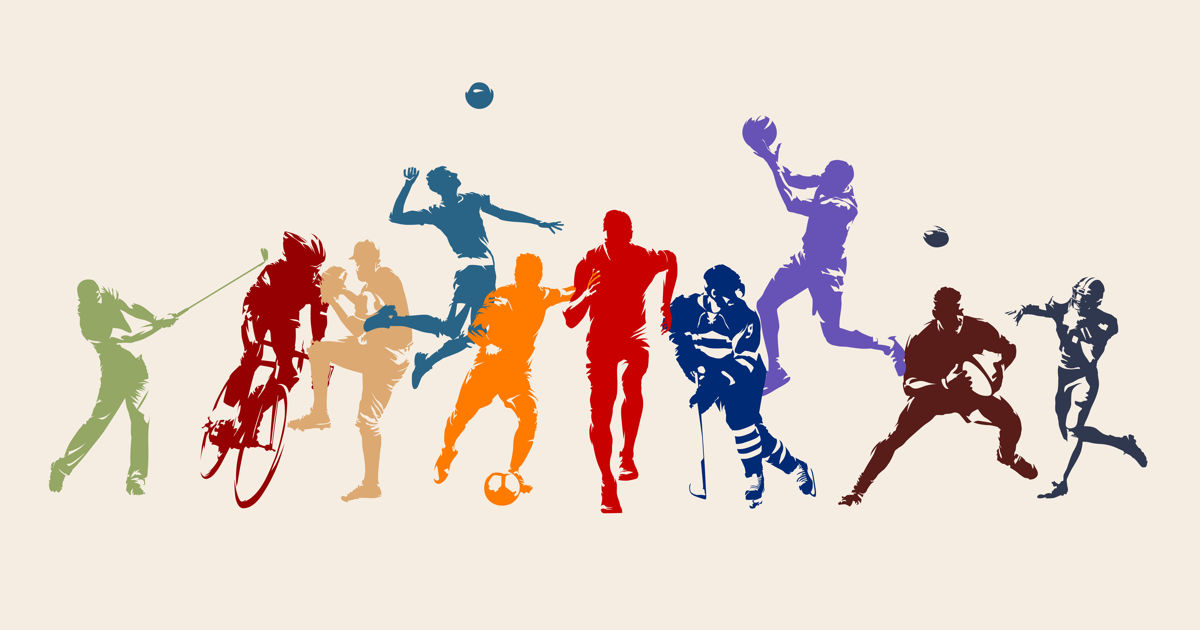Why sport needs to embrace change too
As US sports ease themselves back into existence, Geoff Miller, Associate Director at Interbrand, asks whether it's not just a chance for brands associated with the NBA, MLB et al to reconsider their marketing approaches, but for the sports themselves to embrace change.
Every year, in April, the golf world comes together for the Masters, a ritual celebration that bills itself as 'A Tradition Unlike Any Other'.
This year, the Masters is moving to November, and its upending of that tradition is being replicated across the sporting world. Not since the Second World War has the global sporting landscape experienced disruption on a par with the changes wreaked by the global spread of Covid-19.
Opportunities abound to experiment with the written (and unwritten) rules and codes of the sports themselves to further drive appeal.
Now, the curtains are once again rising on competitions across the world, ending weeks and months of cancellations, postponements and uncertainty around when and how sports would return. As brands within the sporting ecosystem rush to creatively engage fans in new ways – whether by selling ‘tickets’ to matches in the form of cardboard cut-outs, or activating new gaming partnerships – opportunities also abound to experiment with the written (and unwritten) rules and codes of the sports themselves to further drive appeal.

With experimentation a constant in our collective new normal, history offers myriad successes (the NHL’s introduction of three-on-three overtime) and failures (Major League Soccer’s initial attempt to make the sport more ‘American’ by introducing a new-style shootout to avoid ties) to learn from. For leagues and teams navigating what comes next, brand and customer centricity should serve as filters to determine whether potential moves are gimmicks or game-changers.
[Baseball] has had to adapt in ways that may ultimately solve the challenges of a product that currently takes too much time to play, lacks day-to-day urgency, and is losing popular appeal.
For Major League Baseball, the Covid-19-induced shortening of the season offers a rare moment to stretch the brand and escape the stifling weight of tradition. Although acrimonious labor negotiations have cast a pall on the sport’s return, the game itself has had to adapt in ways that may ultimately solve the challenges of a product that currently takes too much time to play, lacks day-to-day urgency, and is losing popular appeal.
With a sprint-like season that gives every team a chance — as well as the introduction of the designated hitter to the National League, and adjustments to extra innings rules to boost scoring and shorten game times, respectively — the league is positioned to produce a compelling product that feels relevant to the cultural zeitgeist in a way seldom seen since the sport’s golden era.
Major League Baseball would be wise to consider making these changes permanent to bring its product —and brand — closer in line with fans’ expectations.
Should these moves be well received in the months ahead, Major League Baseball would be wise to consider making these changes permanent to bring its product —and brand — closer in line with fans’ expectations for what modern sports should deliver. The future of ‘America’s pastime’ may well depend on it.

While challengers can benefit from the current experimentation, category leaders should also view this moment as an opportunity to take risks. For the NBA, perhaps the most progressive and innovative of the United States’ traditional ‘big four’ leagues, the conclusion to this year’s interrupted season will provide an early indication of the potential success of its long-rumoured mid-season tournament. With the league focused on growing its global brand, providing both innovative entry points for new fans as well as branded rituals and ownable moments that delight its current core, will be critical in ensuring the NBA’s ability to stretch and grow.
Rather than the conclusion of one season, the league would be wise to see its forthcoming resumption of play as a beta test for a new branded experience that can shape fans’ growing expectations for the NBA.
While not a true proxy, this summer’s scheduled conclusion to play – and the legitimacy bestowed on this year’s champion – will therefore provide an important litmus test for fan interest in and support for a tournament in the year(s) to come. Rather than the conclusion of one season, then, the league would be wise to see its forthcoming resumption of play as a beta test for a new branded experience that can shape fans’ growing expectations for the NBA — and perhaps usher in a larger wave of competitive changes in American sports at large.
Sport remains, to paraphrase Liverpool’s manager, Jurgen Klopp, “the most important of the least important things”.
At a time where our habits and daily rituals have been disrupted, sport remains, to paraphrase Liverpool’s manager, Jurgen Klopp, “the most important of the least important things”. As leagues and teams vie for time and money, however, the extent of this importance will reflect the risks these brands are willing to take to not only respond to their fans today – but to shape the experiences of their fans tomorrow.
)




 + membership
+ membership








